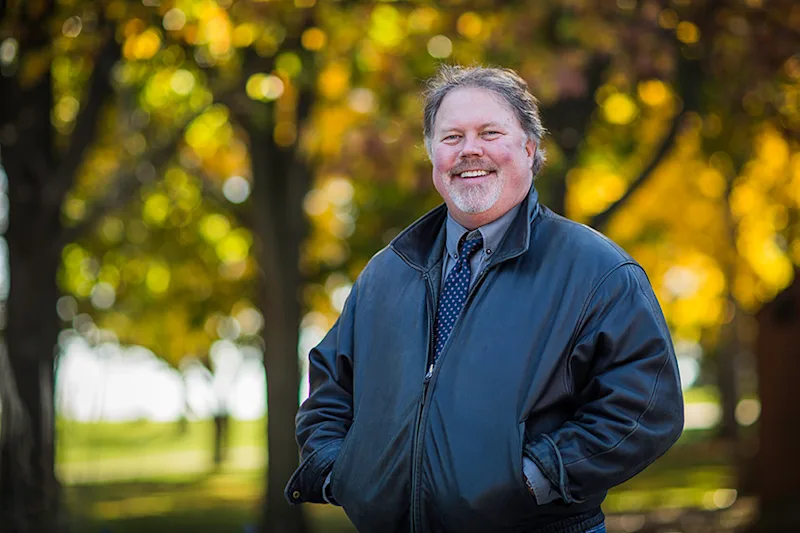There seems to be a lot to pray about recently in both our local and global community. I’ve been tempted to feel like a bad Christian Scientist because of how little I’ve prayed about the problems I see. What I found myself most concerned about was how seldom I saw people reaching out to see an opponent’s point of view when addressing community problems. I myself was becoming increasingly aware of my own inability to see other points of view. This was distressing me for weeks until I attended Dr. Sunitha Krishnan’s keynote address at PAC. In her talk, she said to the student body that though we could donate or give support to problems in India, we should first focus on problems at home. This statement got me thinking about local and global problems in a different way. Though it seemed unrelated to my worries about duality in the world and here at school, I was eventually reminded of the statement from the Sermon on the Mount where Jesus says, “Why beholdest thou the mote that is in thy brother’s eye, but considerest not the beam that is in thine own eye?” (Matthew 7:3).
I remembered this and realized that our prayerful work doesn’t start with fixing the world, or even with fixing our own problems in the Principia College community. Our prayerful work MUST start with our personal relationship to God. Coming to this conclusion quickly lifted the burden of the world from my shoulders. It‘s such a simple concept. Focus first on raising your own consciousness toward spirituality, and in turn, you can heal your world. I started to think specifically about what I need to change in myself in regards to how I think about several problems.
I have heard from several people on campus that the CSO events are experiencing a wavering attendance. I’ve heard some thoughts on both ends of the spectrum about why people should or should not support and attend these services, and I know that I myself have a lower attendance record. It could be easy for us to judge each other on this issue; I’ve even been a bit harsh on myself for not attending. But is it logical to believe that those not in attendance are less connected to God? I know I have criticized members of our community as judgmental and pinpointed them as the reason I rarely attend. But does that stance bring about healing? I mean, I’m basically judging people for being judgmental! Oops.
All this left a bad taste in my mouth, and I found myself looking inward to see what needs healing. At the root of my problem, I think, was a belief in right and wrong or good and evil. “Woah!” I realized, “This is just a question about the first commandment.” I had believed there was a possibility of something other than good out in the world. Of course, that’s not accurate. I thought to myself, “When my parents would drag me kicking and screaming to church, they weren’t bad parents for wanting me to go. And I’m pretty sure they didn’t think I was a miserable sinner for not wanting to go.”
So, what can I do to conquer this feeling of duality? Well, first I can start with the knowledge that “God is All in all” (S&H 275). This allows me to relate better to others. I can finally reach out! How powerful a feeling it is to let go of my own criticisms and reach across, seeking to understand those who previously seemed opposite to me.
Imagine what our community would look like if we focused on finding that compromise – that better understanding of each other. Imagine how that could then influence our country’s politics. Imagine how that could influence global problems. All that change starts with our individual relationships with God, and has nothing to do with checking on other people’s relationships with Him. By focusing on our own growth and on seeing the other side of an argument, we can heal far more than just our community’s troubles.



